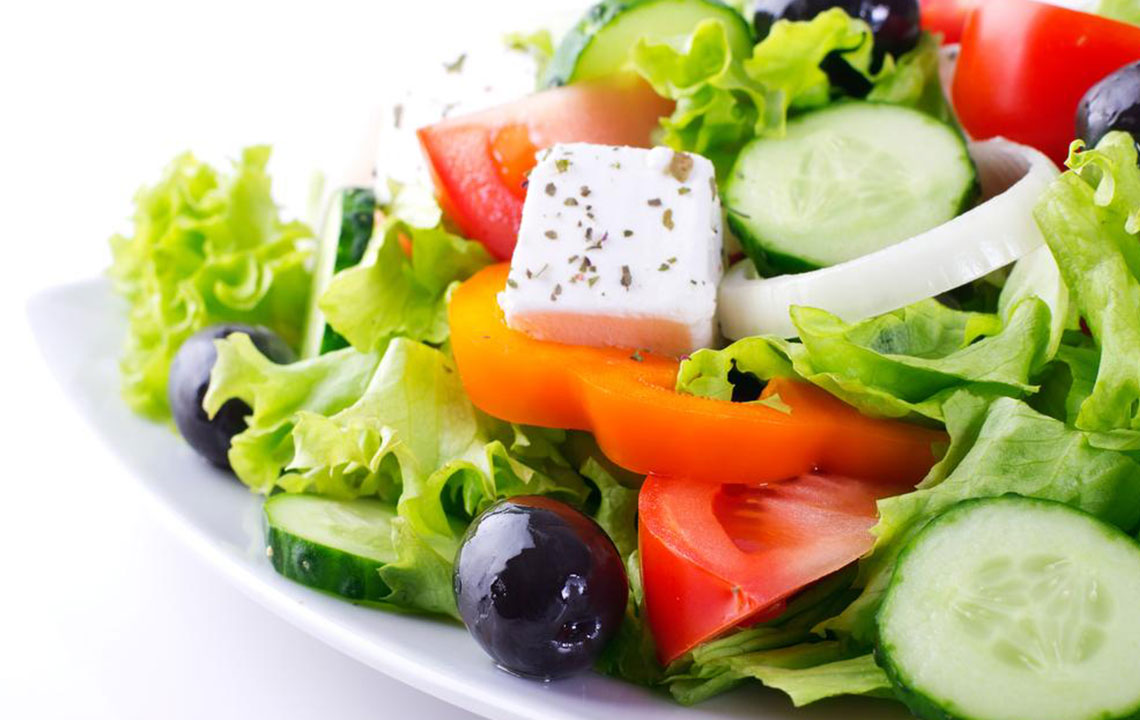10 Best Foods For Hypothyroidism
Thyroid, a tiny gland at the base of your neck, helps regulate a range of functions from temperature to heartbeat and metabolism. Hypothyroidism is the inability of the thyroid gland to produce enough hormones. It causes several issues such as unexplained weight gain, sluggishness, depression, and increased sensitivity to cold.

To treat hypothyroidism, it is essential to address issues such as inflammation of the thyroid, deficiency of nutrients, gut inflammation, and hormonal changes as a result of stress. The best way to deal with these conditions is by creating a customized diet for hypothyroidism.
The following foods are essential in a diet for hypothyroidism.
- Fish
Fish, especially fatty fish such as salmon and tuna, are rich in Omega 3 fatty acids. Omega-3 helps enhance high-density lipoprotein (HDL) or the “good cholesterol” and helps lessen low-density lipoprotein (LDL) or the bad cholesterol. In fact, unregulated hypothyroidism leads to a higher risk of heart attack due to enhanced levels of LDL.
Omega-3s even boost the immunity, and helps decrease inflammation, and lowers the risk of heart disease. Fish such as trout, salmon and mackerel are also good choices. Shellfish are also a good source of iodine as well as zinc. - Nuts
Just like fish, nuts are packed with selenium. Brazil nuts, macadamia nuts, and hazelnuts are excellent sources of this mineral. These help the thyroid to work properly. An appropriate intake of selenium may also help avert long-term damage to the thyroid for people with thyroid-related diseases like Hashimoto’s and Graves’ disease.
However, the daily intake of selenium should be around 50 micrograms and must be limited to less than 400 micrograms. However, ensure that you don’t overdo it, as excessive intake can lead to additional problems in the body. - Fruits and vegetables
Hypothyroidism also comes with weight gain. To keep your weight in check, a well-rounded diet should include a lot of fresh fruits and vegetables as well. Fruits such as blueberries, strawberries and cherries and vegetables such as sweet potatoes are high in antioxidants, are great for hypothyroidism and even helps lower the risk of heart disease. - Seaweed
Seaweed is packed with iodine, which is crucial for the proper functioning of the thyroid. You can add seaweed, such as nori or wakame to sushi, salads, and soups. Also, seaweed is rich in calcium, fiber, and vitamins. Excessive consumption of iodine, however, may aggravate the symptoms, therefore, remember to practice moderation. - Eggs
Eggs are packed with iodine and selenium. One egg a day can make up for a substantial portion of these nutrients as part of your daily requirement. Most of these nutrients are present in the yolk. - Beans
Beans are packed with vitamins, minerals, antioxidants, proteins, and complex carbohydrates. These can help in cases of weakness. They can be used in a lot of dishes ranging from baked beans to salads and stews. - Dairy products
Dairy products such as milk and yogurt can also help in your daily intake of iodine. One glass of low-fat milk makes up for one-third of your daily iodine requirements. You can have regular, Greek, or low-fat yogurt. Organic options are a better choice. Yogurt can also be added to a range of dishes from dips to smoothies and curries. Cheese, especially cheddar cheese, also contains a substantial amount of iodine. - Coconut oil
It contains a specific group of fatty acids that help maintain a healthy metabolism, and at the same time, boosts energy. Coconut oil also has antibacterial and antioxidant qualities that help reduce inflammation. - Bone broth
Bone broth is known to help metabolism and immunity. These can help repair the digestive lining and as well as aid in improving hypothyroidism, as both beef and chicken stock contain the amino acids l-proline and l-glycine. It also comprises several essential minerals that can help repair the gastrointestinal tract and provides calcium, phosphorus, magnesium, and silicon. - High-fiber foods
A high fiber diet helps address digestion problems. It also lowers the risk of heart disease and balances blood sugar levels. Fresh vegetables, beans, berries, seeds, and lentils are excellent sources of fiber and should be eaten on a regular basis.
Besides including the above-mentioned foods in your diet for hypothyroidism, avoid fast food and processed foods. Also, avoid refined flour products such as pasta or baked products and refined sugar. As most people with thyroid issues tend to be sensitive to gluten or have celiac disease, which results in an allergy, foods containing gluten are to be avoided. Furthermore, you can also take probiotic supplements, which helps to nourish the digestive tract and reduce inflammation. However, ensure that you consult your doctor before using these. It is also essential to exercise regularly. A workout regime and a healthy diet for hypothyroidism can be extremely beneficial for your health.











